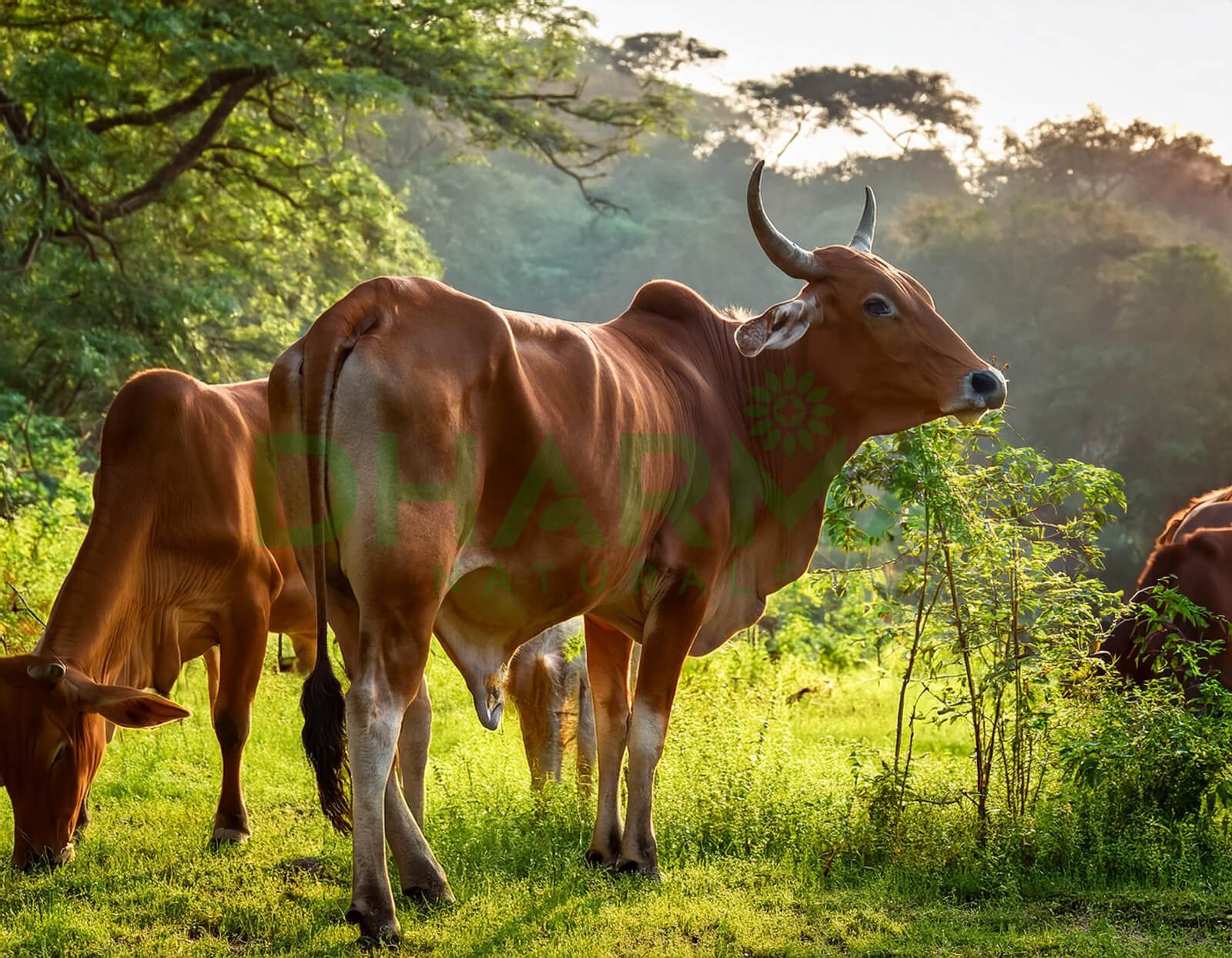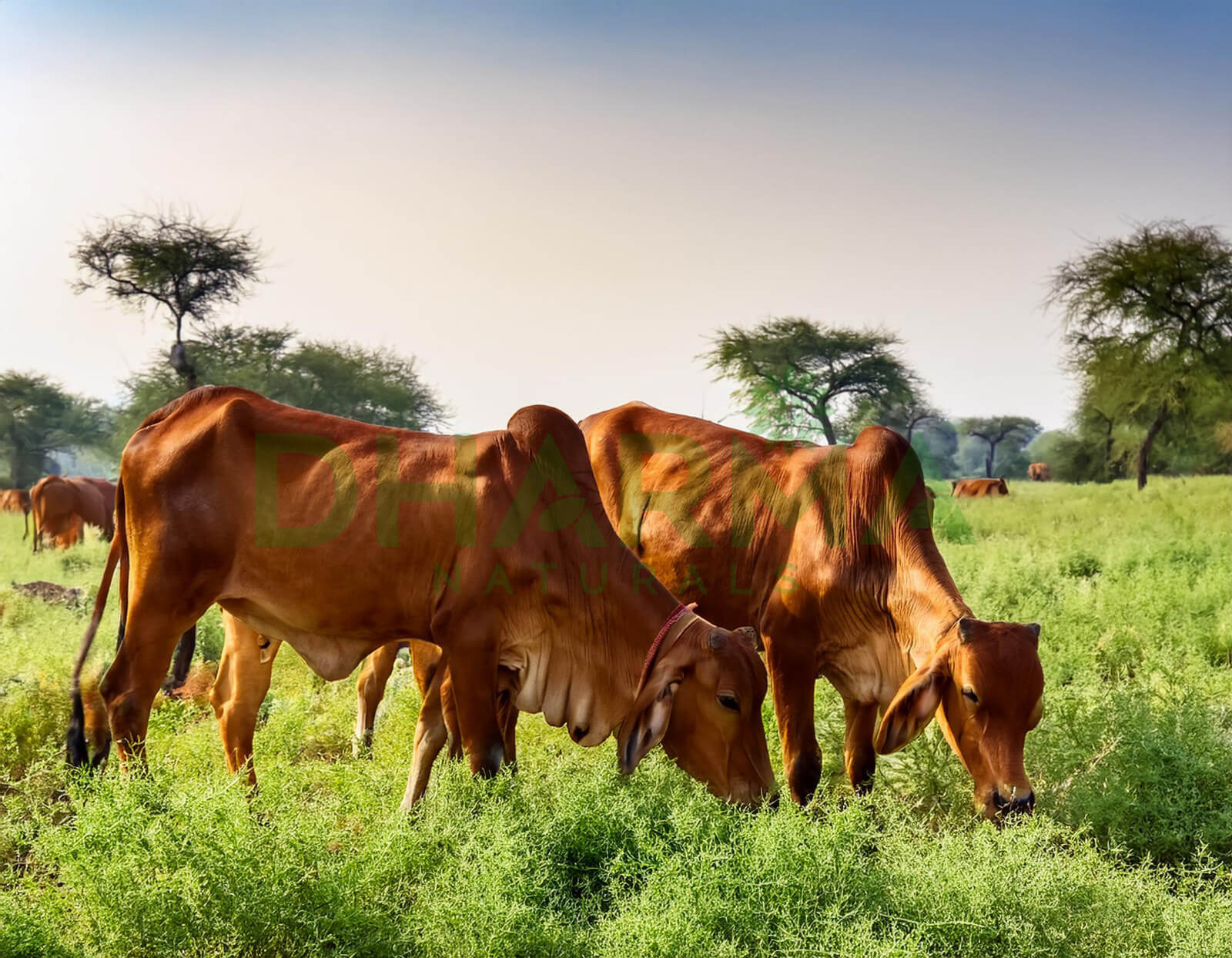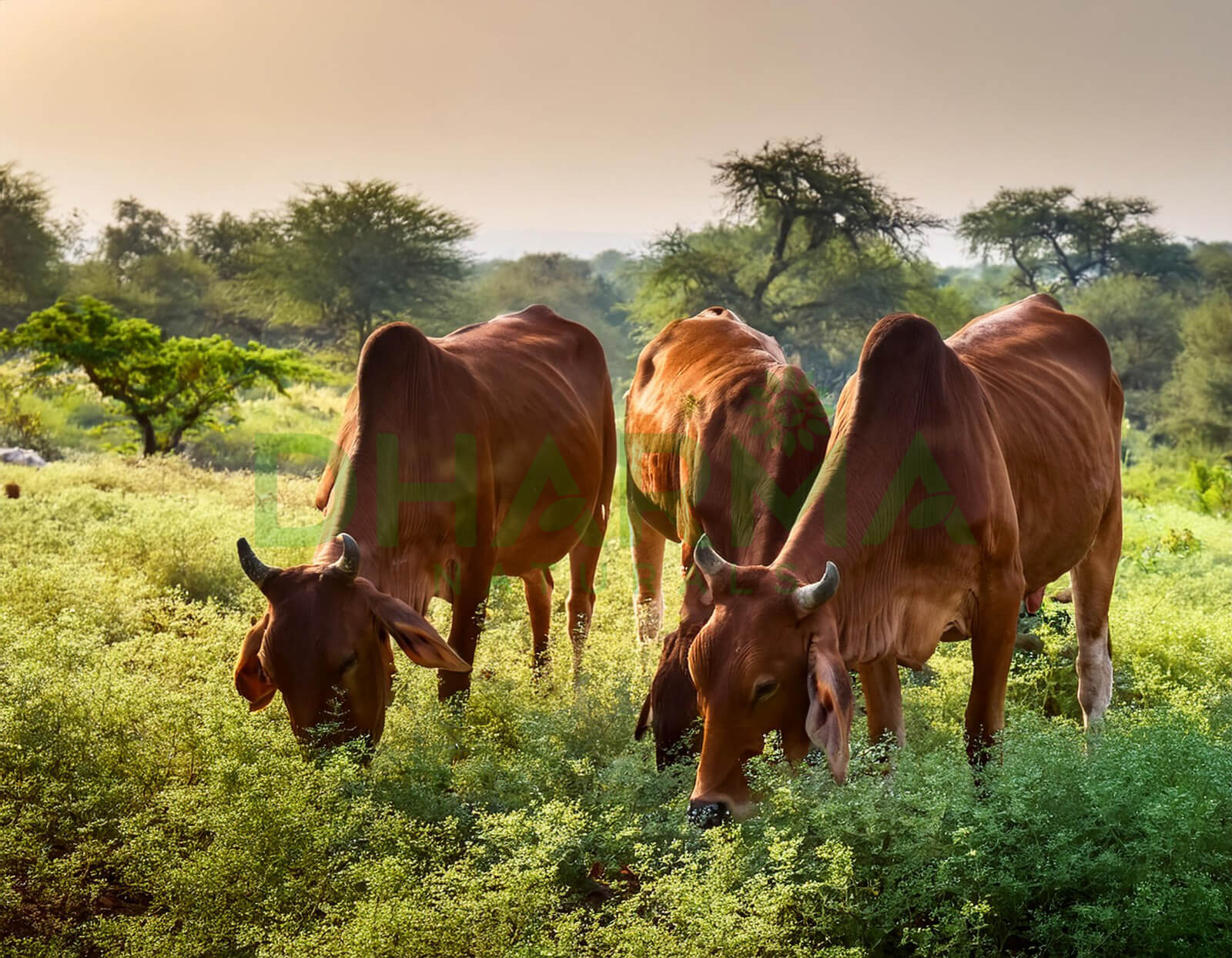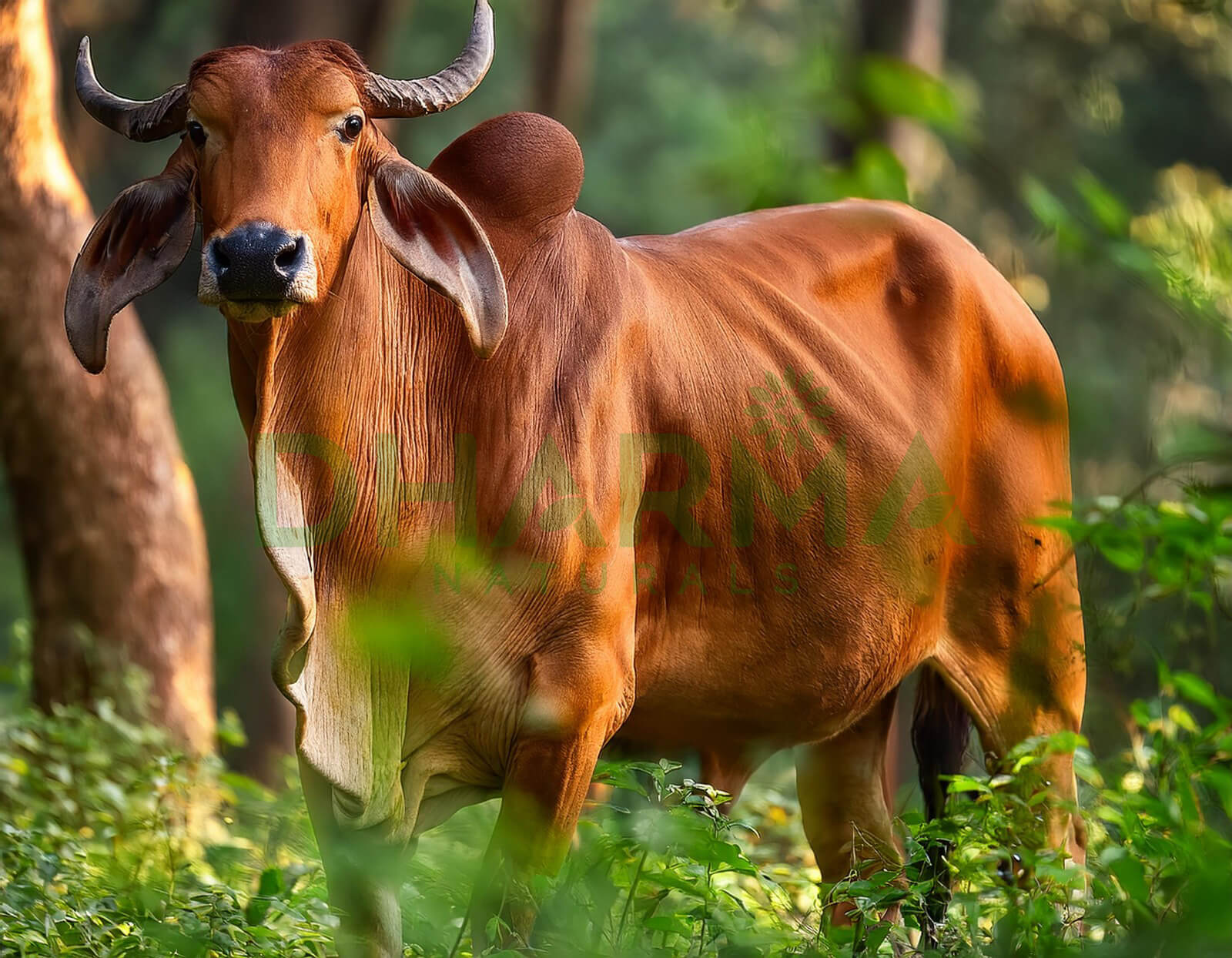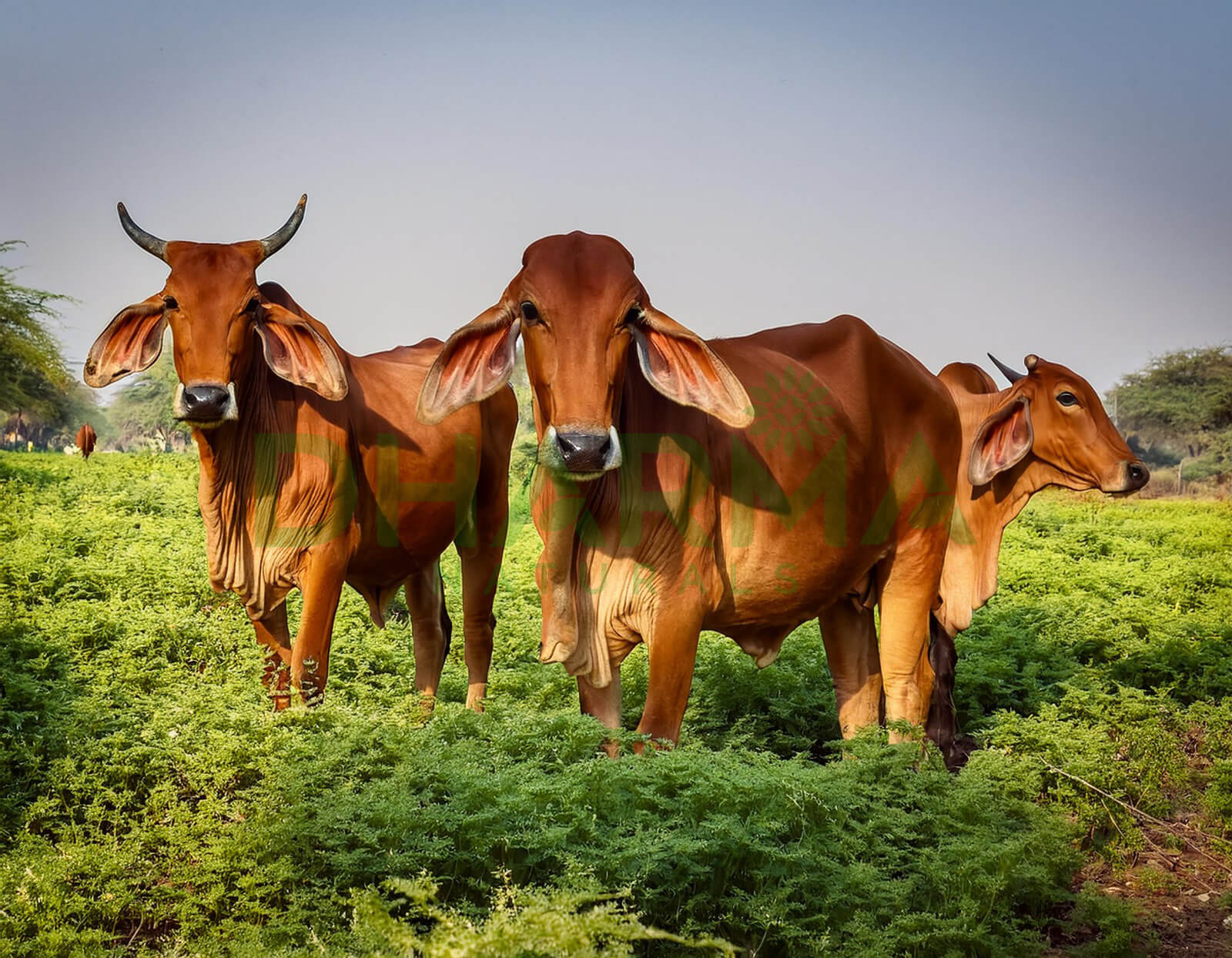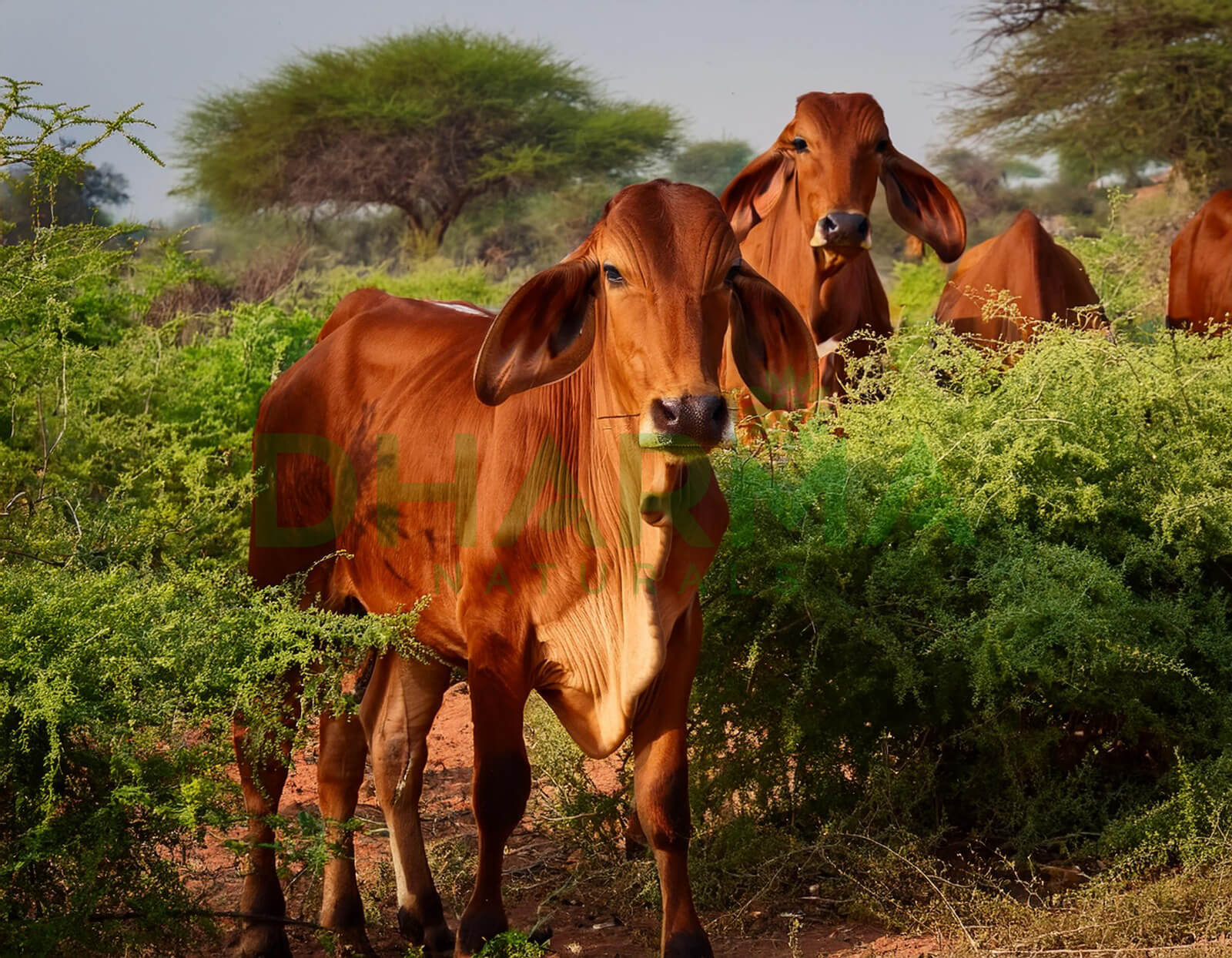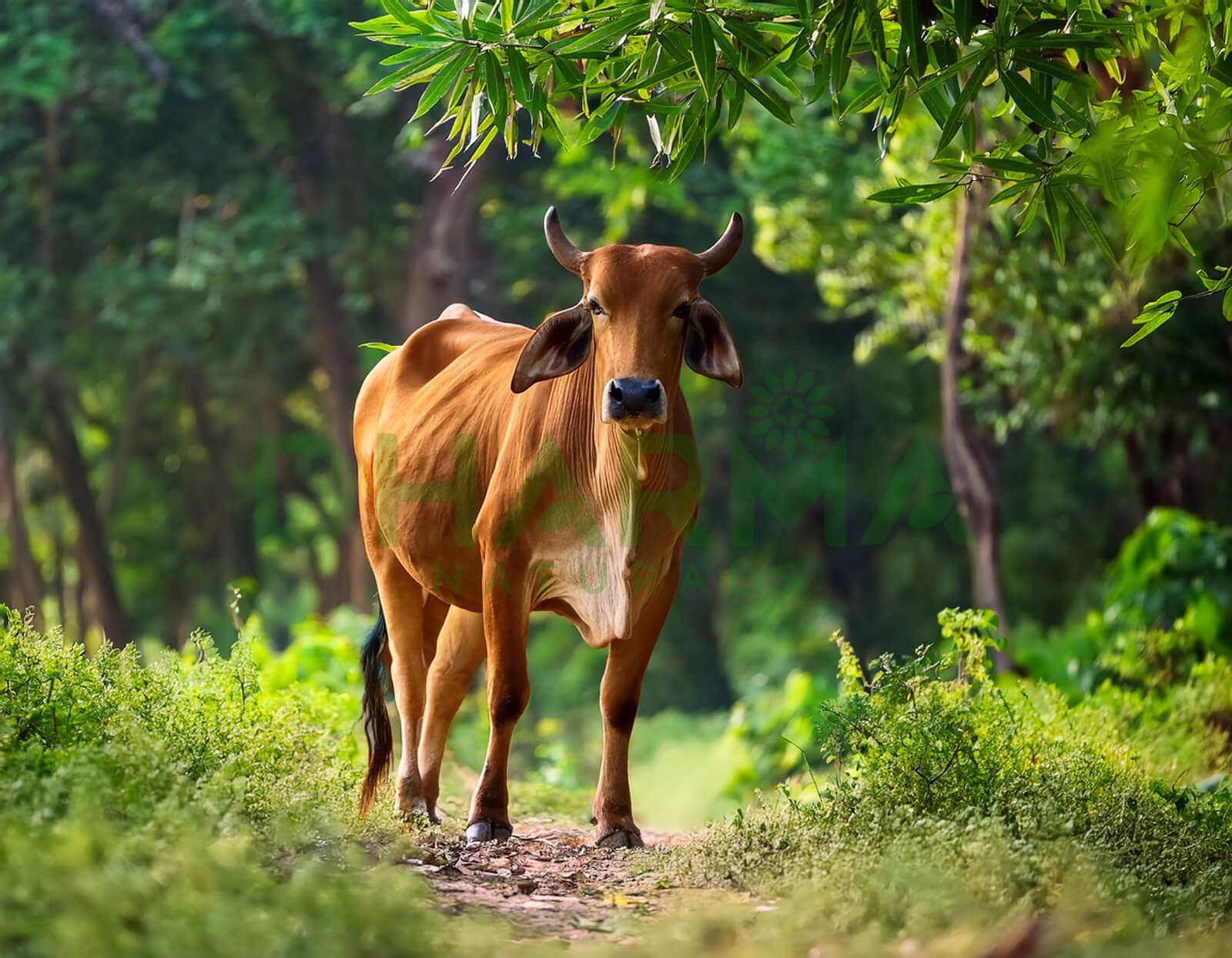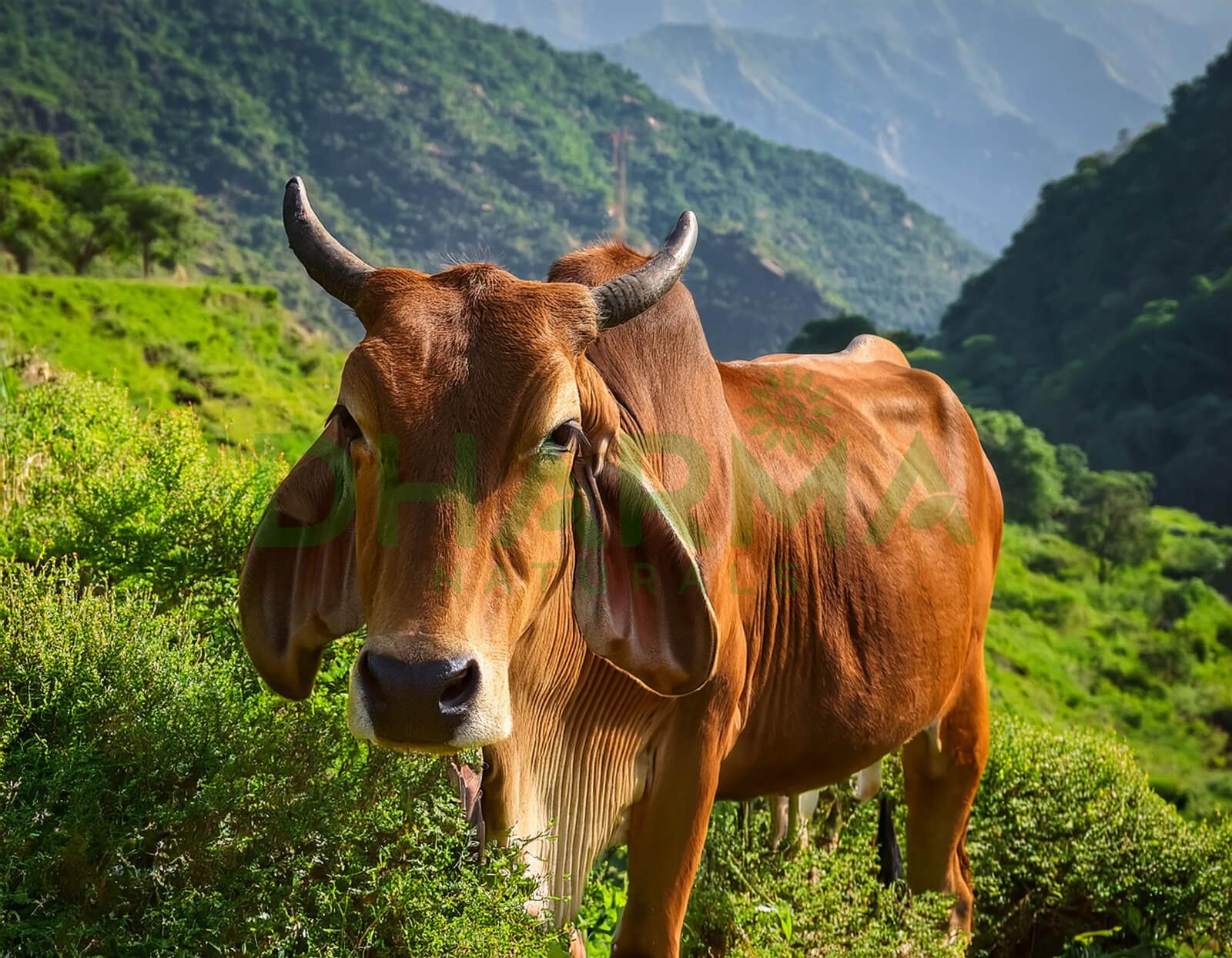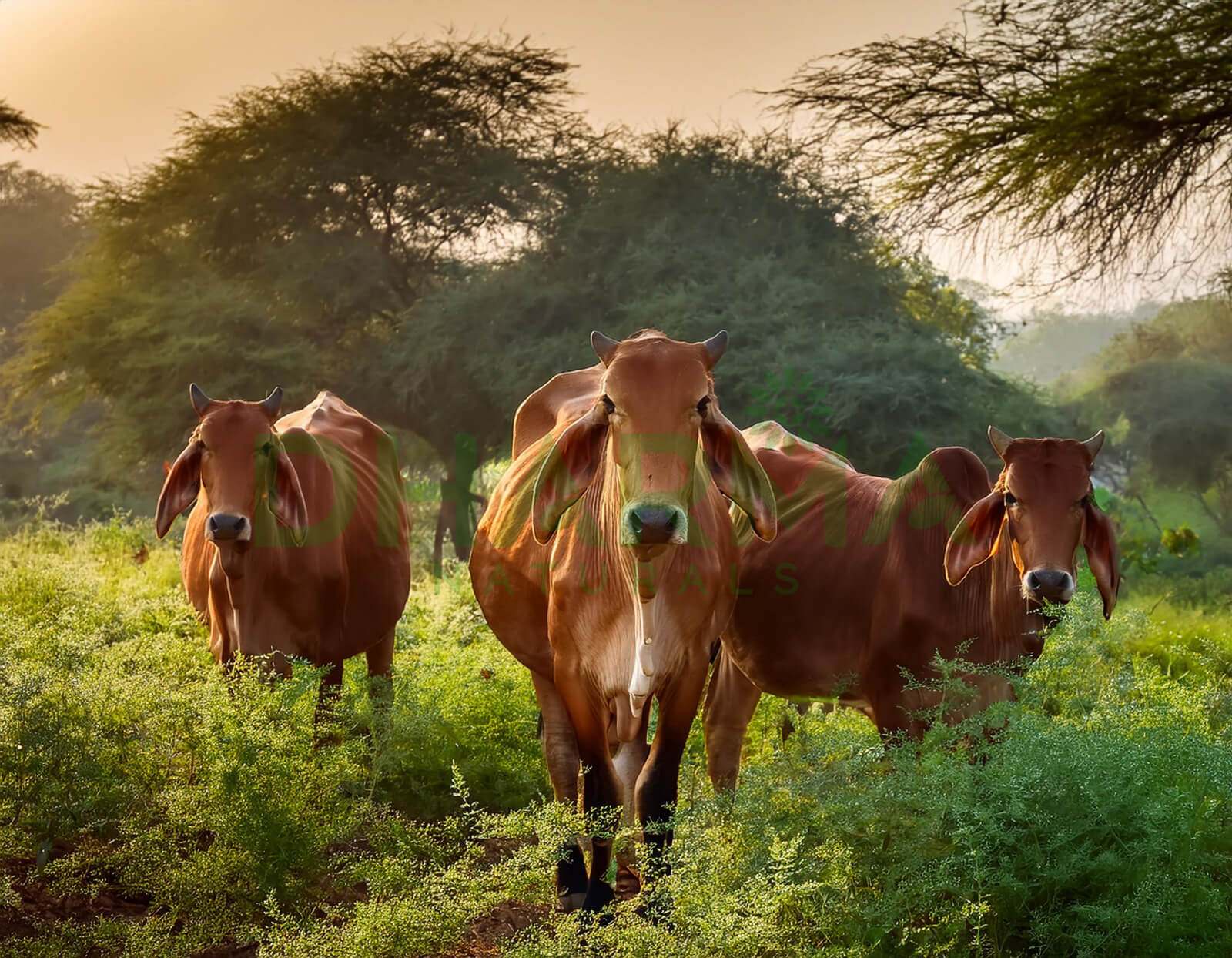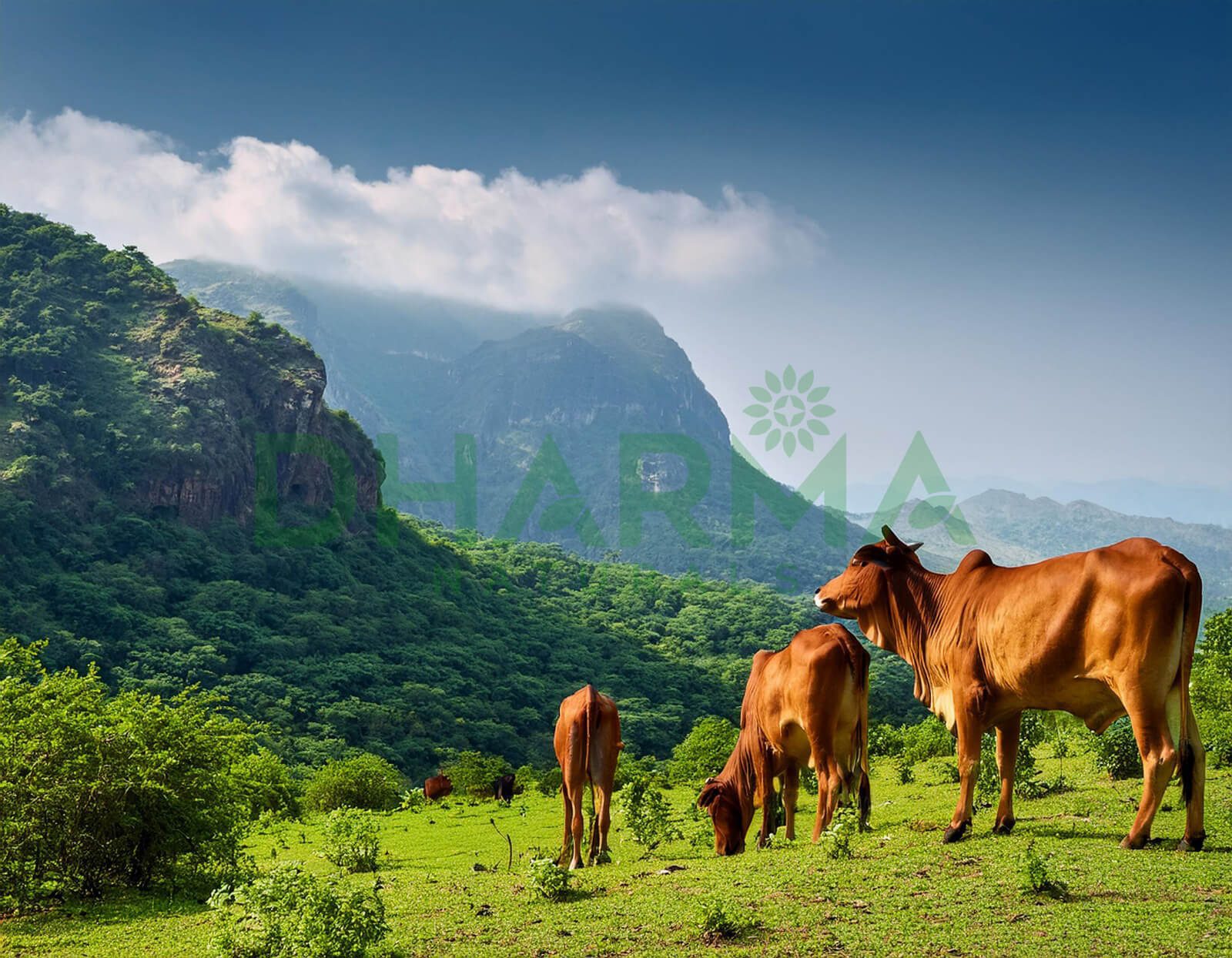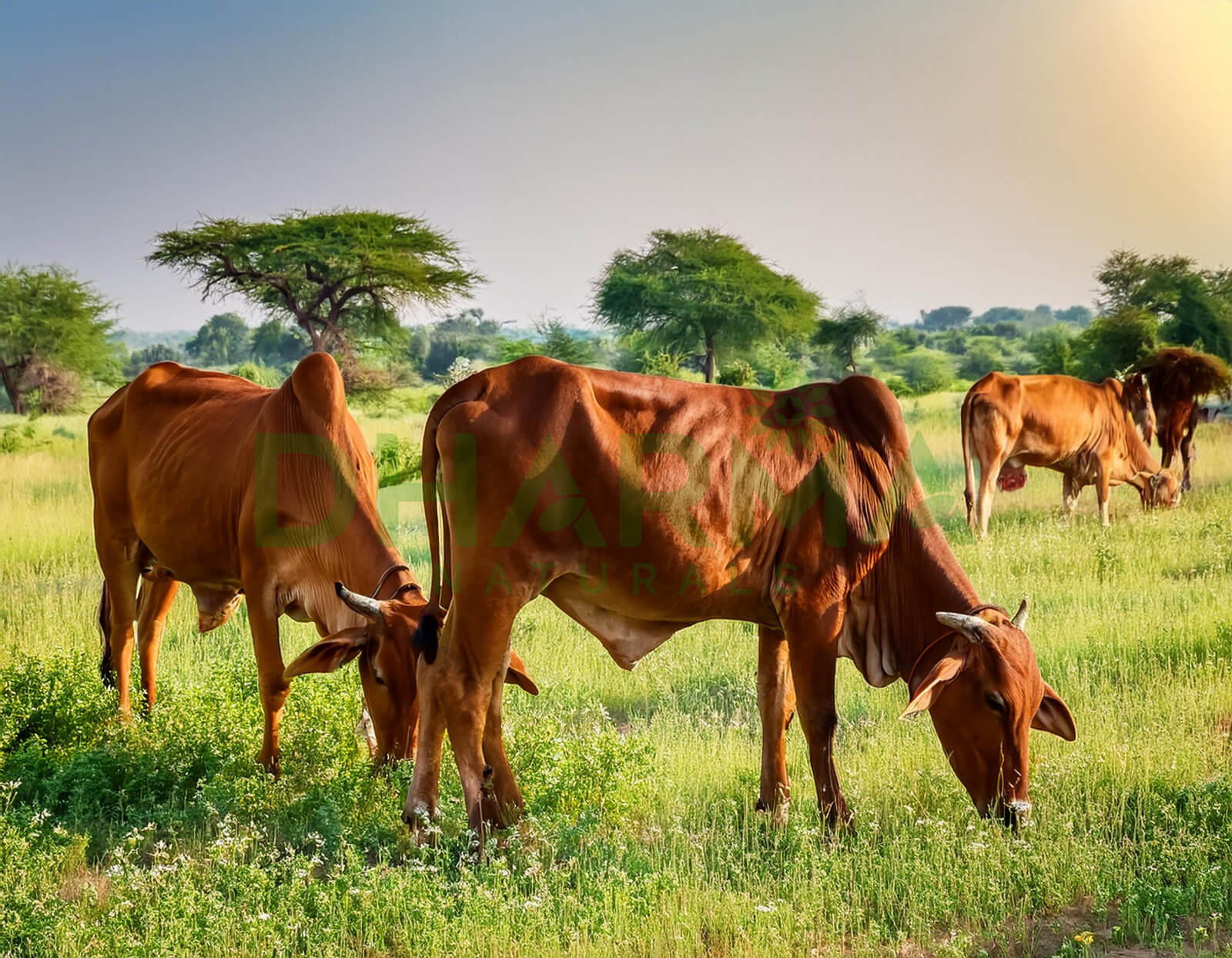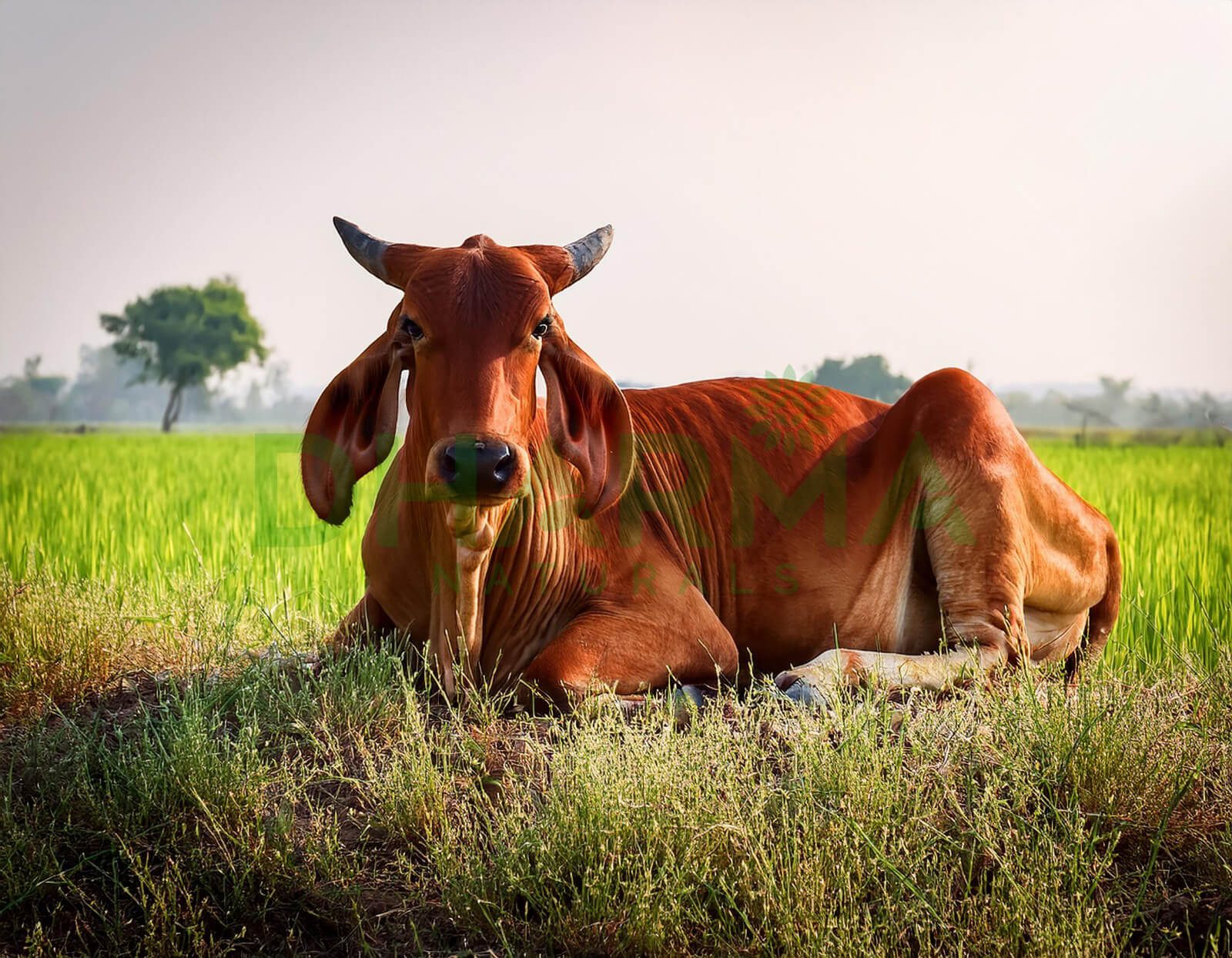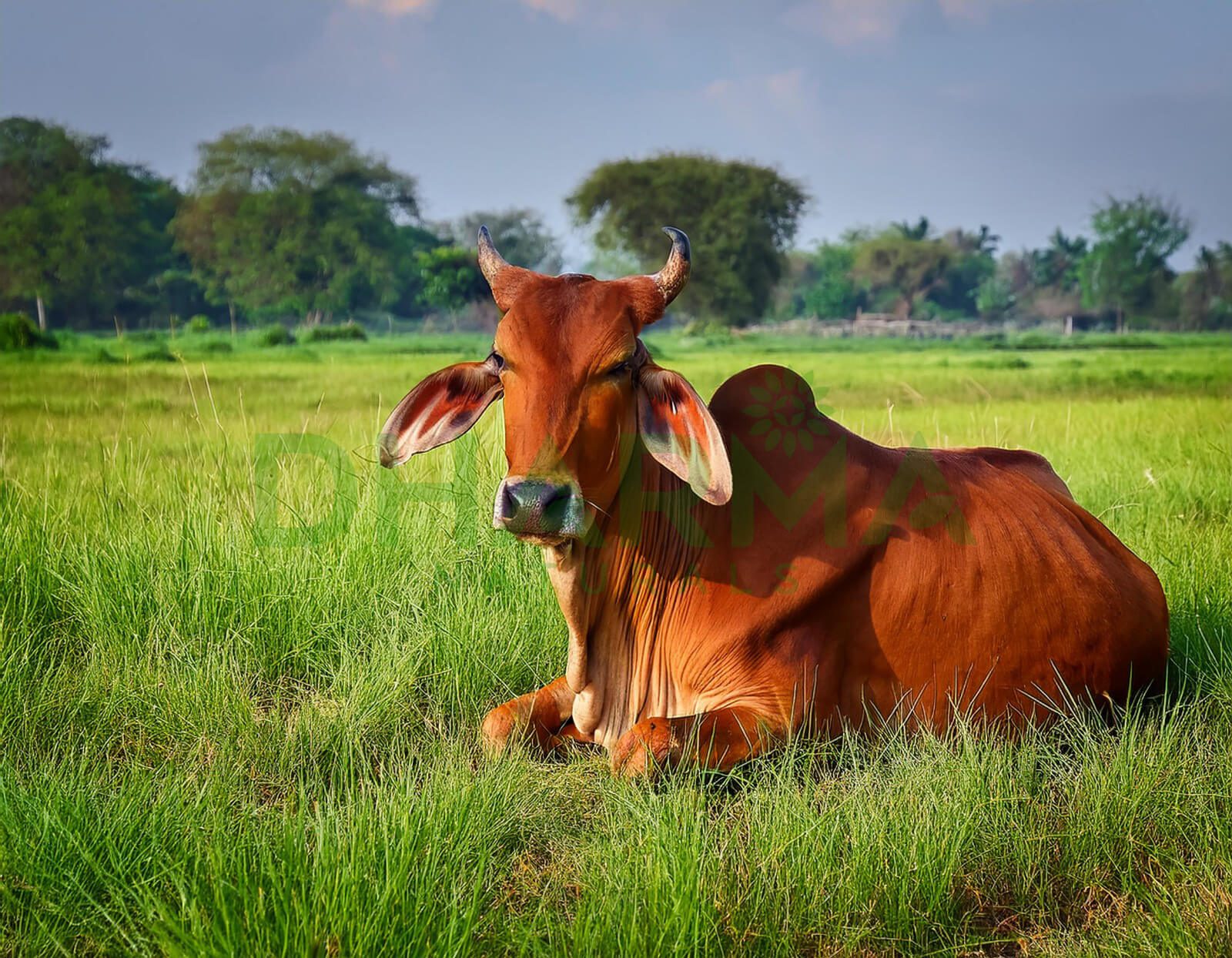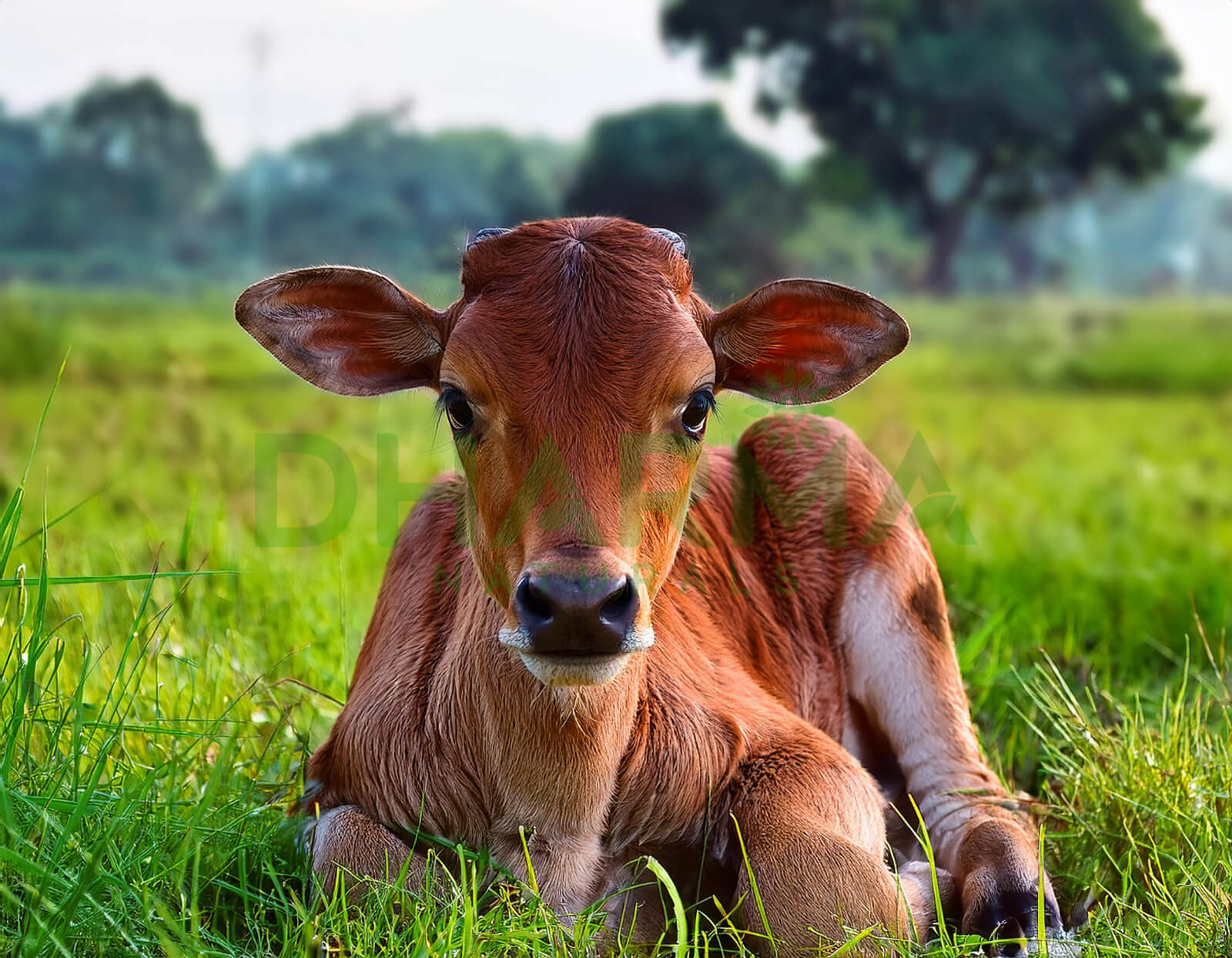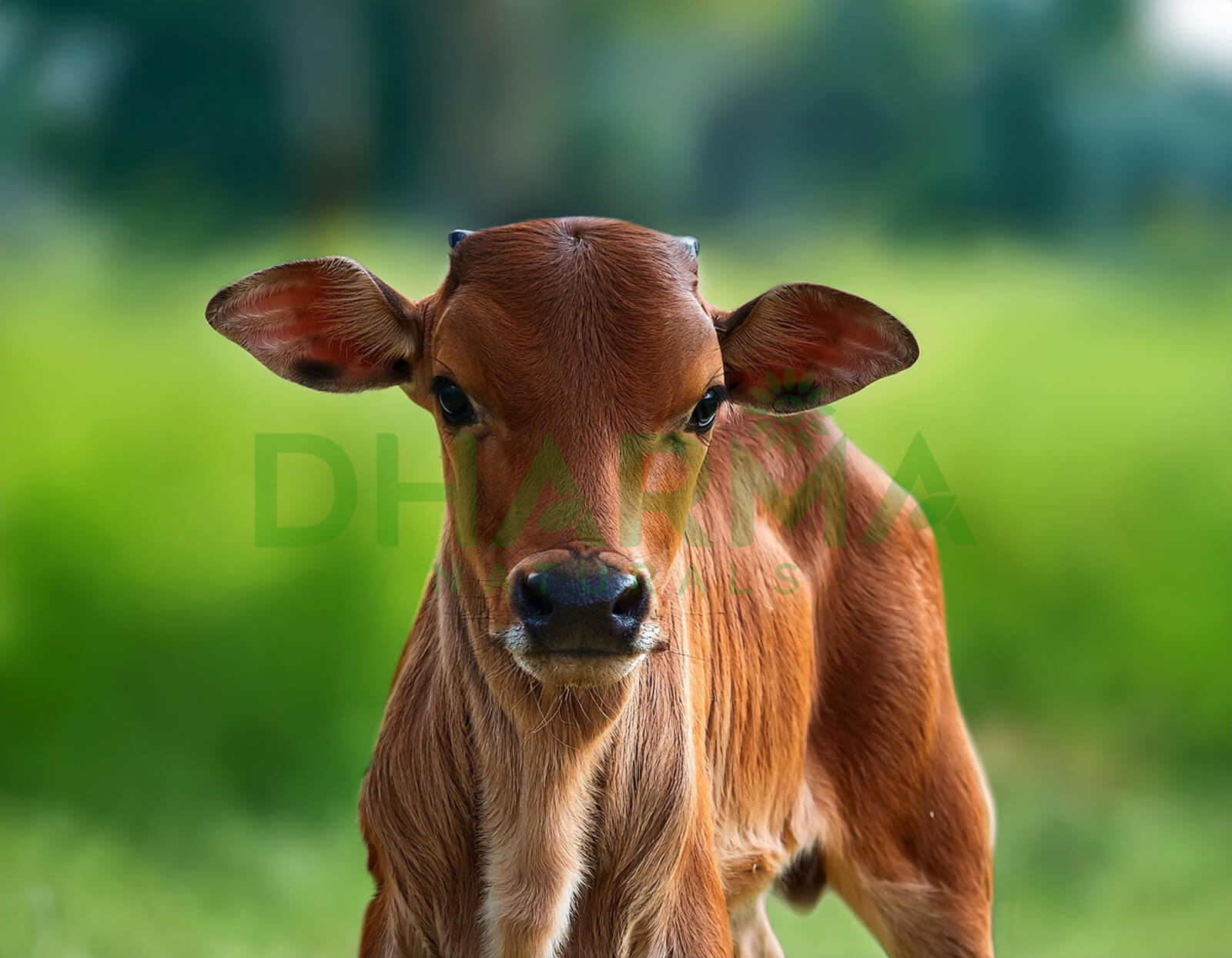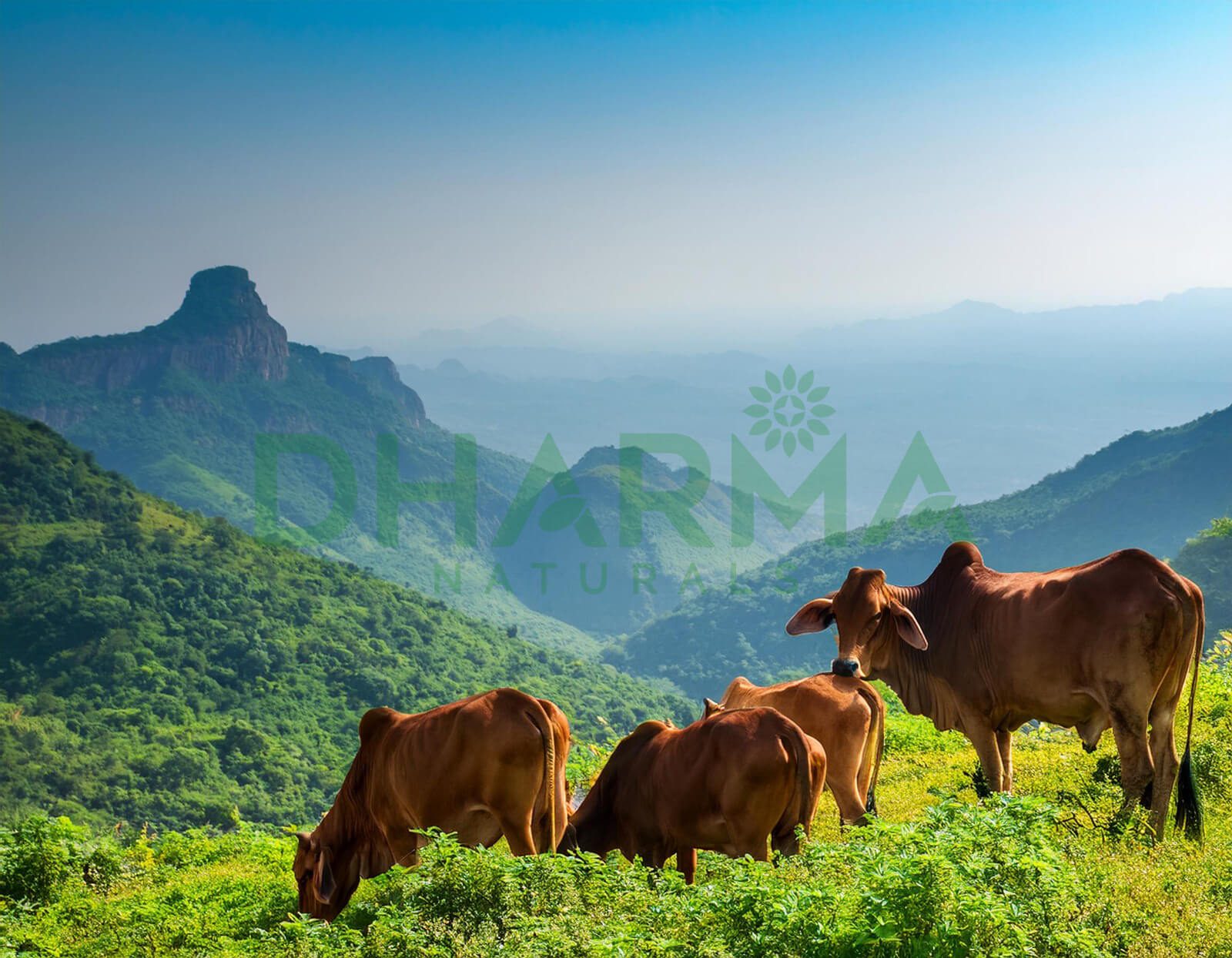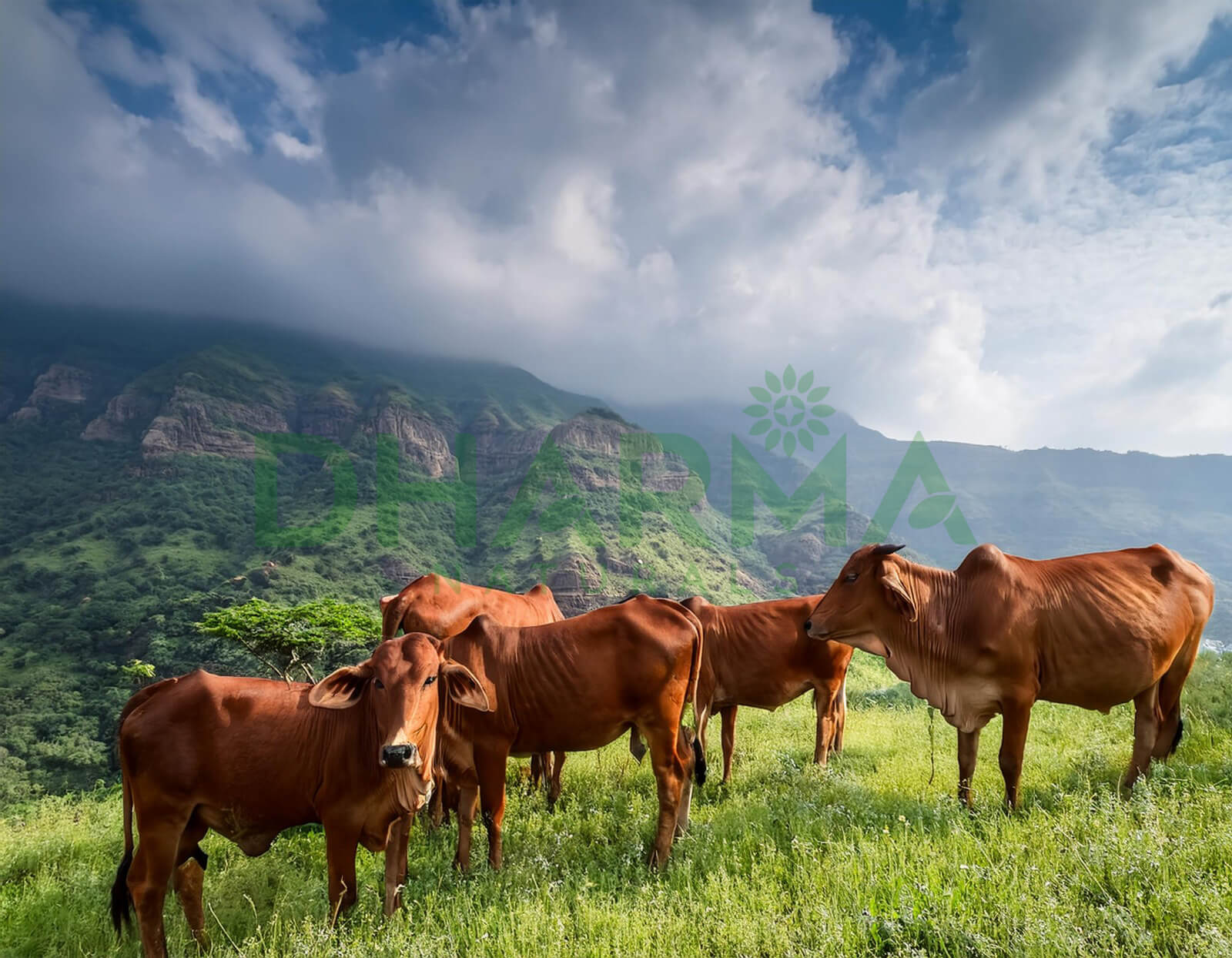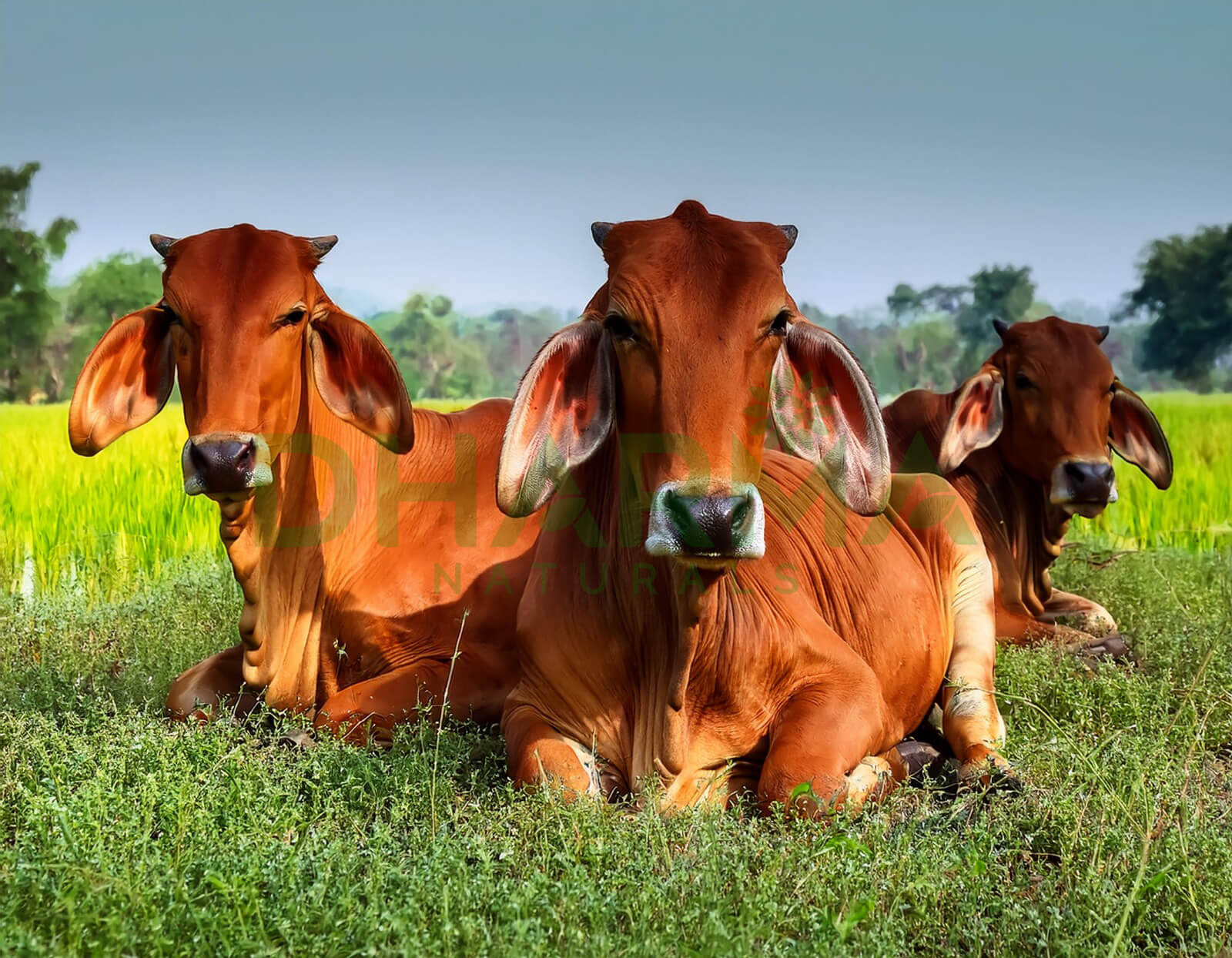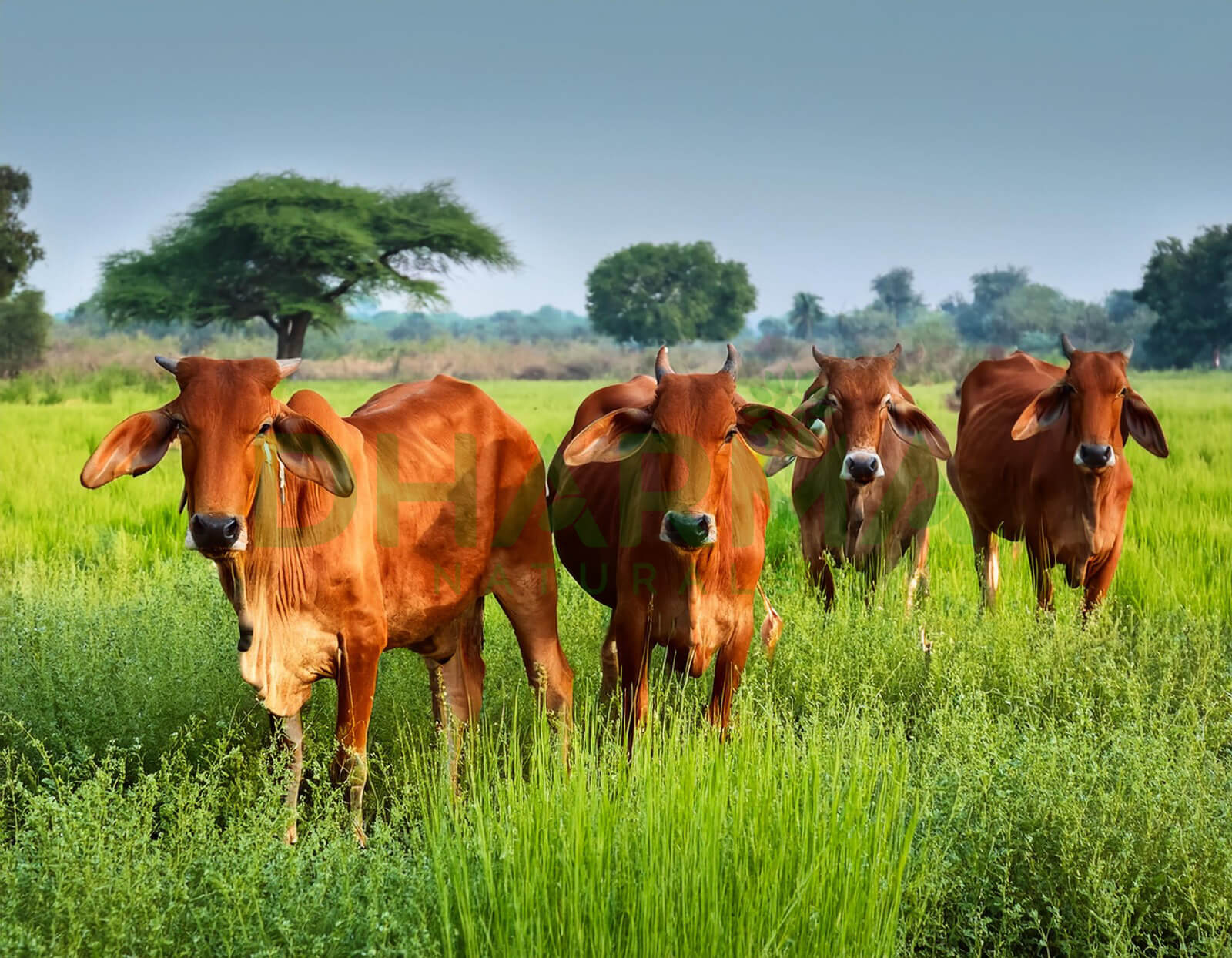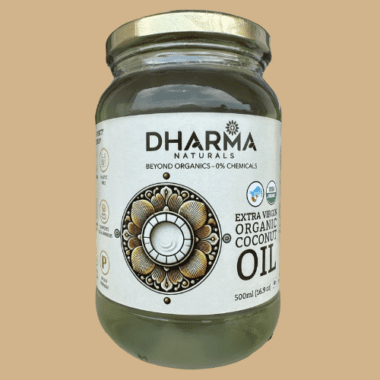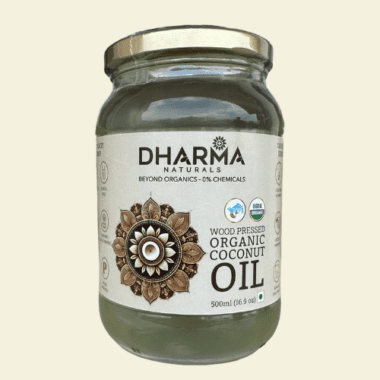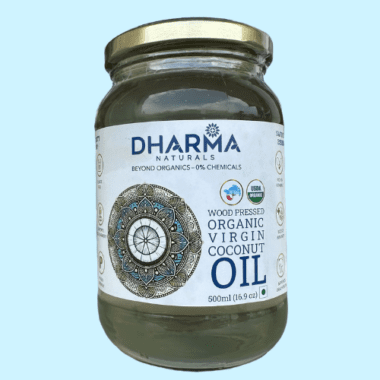Deal Of the Day
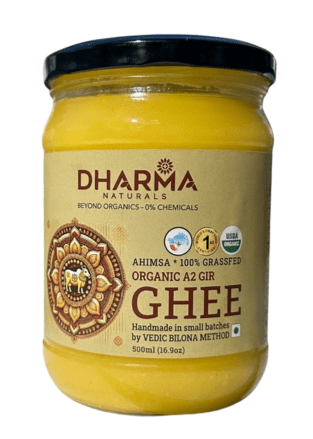
A2 Gir Cow Ghee
₹5,000.00 ₹4,500.00
Our Organic A2 Gir Cow Ghee is crafted using the traditional Bilona method, which preserves its rich flavor and vital nutrients. Following Regenerative Farming, our Gir cows graze on chemical-free pastures, ensuring nutrient-dense, pure milk. Guided by the Ahimsa principle, our cows live stress-free, producing cleaner, higher-quality milk. Each batch undergoes stringent testing, passing 689+ pesticide testing parameters—the highest in the industry—and surpassing EU, USDA, and Indian Organic standards, making it the purest ghee available. With Regenerative, Ahimsa, Bilona and most stringent quality testing in the industry, our Ghee’s are the New Gold Standard.
All Products
-
- Sale!
- Organic Oils
Organic Extra Virgin Coconut Oil
-
₹799.00Original price was: ₹799.00.₹751.00Current price is: ₹751.00. - Add to cart
-
- Sale!
- Organic Oils
Organic Wood Pressed Coconut Oil
-
₹621.00Original price was: ₹621.00.₹599.00Current price is: ₹599.00. - Add to cart
-
- Sale!
- Organic Oils
Organic Virgin Coconut Oil
-
₹621.00Original price was: ₹621.00.₹599.00Current price is: ₹599.00. - Add to cart
Proud Partners

















Why Choose Us
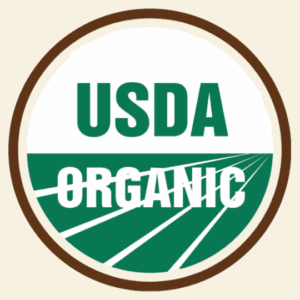



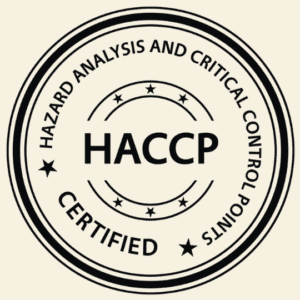



Pride of INDIA

About Us
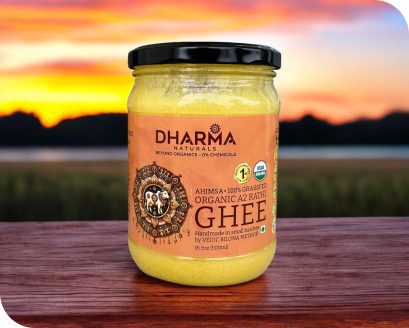
Welcome to a world where nature’s purity takes center stage. At Dharma Naturals, we are committed to offering 100% natural products that honor the earth’s goodness. Crafted with care and free from harmful additives, our range is a celebration of nature in its purest form. From sourcing to production, we ensure every product reflects our dedication to quality, sustainability, and wellness—bringing you closer to nature, one step at a time.
Regenerative Farming
Step 1
Improving Soil Health
Regenerative farming is centered around enhancing the quality of soil by implementing methods such as using cover crops, composting matter and rotating crops regularly. These practices contribute to strengthening the soil composition enhancing its ability to retain water effectively and promoting a range of living organisms.
Step 2
Reduced or No Tillage
No tillage techniques are beneficial for preserving the composition of the soil and its organic content which help support its organisms. This also helps prevent erosion while fostering a more robust ecosystem underground.
Step 3
Diverse Crop Planting
A diverse array of crops, including perennials, cover crops, and legumes, is essential to restore nutrients in the soil and prevent monoculture-related soil degradation. Crop diversity also enhances biodiversity and natural pest control.
Step 4
Integration of Livestock
Incorporating livestock into practices by implementing controlled grazing rotations aids in natural fertilization of the soil and improves soil health while fostering a mutually beneficial bond between animals and the land to support ecological revitalization.
Gallery
